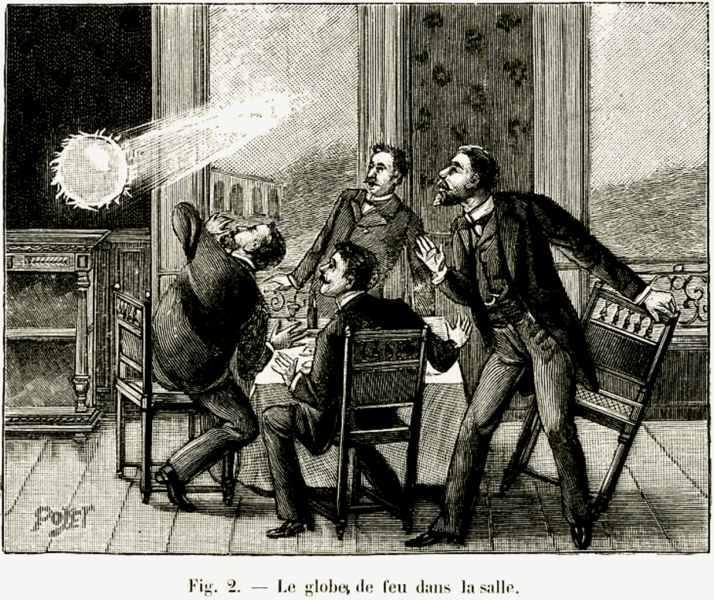Rail operator Banedanmark lends a friendly ear to residents living near railway tracks who are convinced the radiation from the electricity powering the trains is a health risk.
In several cases, it has bought back their homes – including several living close to a line between Lunderskov and Esbjerg.
But despite fears the levels exceed legal limits, the rail operator has then rented them right back to those less squeamish
Too hot
That practice concerns Christina Mellgren, the head of the association for electro-hypersensitive people.
“There has been damage to health when the amount of radiation was far below the legal limit, so it is of great concern that guidelines are not being followed,” she told DR Nyheder.
Henry Martinsen, the project head at Banedanmark, does not share Mellgren’s concern.
“In fact, we do not believe there is a health risk associated with the magnetic field,” Martinsen said. “But we try to alleviate the owners’ concerns by offering to buy the properties in question.”
Or maybe not
The purchasing of a home as a precautionary measure is based on a study in the 1970s that established a statistical correlation between electromagnetic radiation and leukaemia in children, according to researcher Christoffer Johansen from the national health agency Sundhedsstyrelsen.
However, those results have not been replicated in any further studies, and Johansen questions them.
“There has been no increase in the incidences of childhood cancer since 1943, and that has to be viewed in light of the fact that almost our entire society is now electrified,” he said.
Nevertheless, Johansen declined to say he believed it was 100 percent safe to live in a house near a rail line.
That doubt concerns Mellgren and her group.
“Allowing people to live where limits are not followed is downright irresponsible,” she said.















